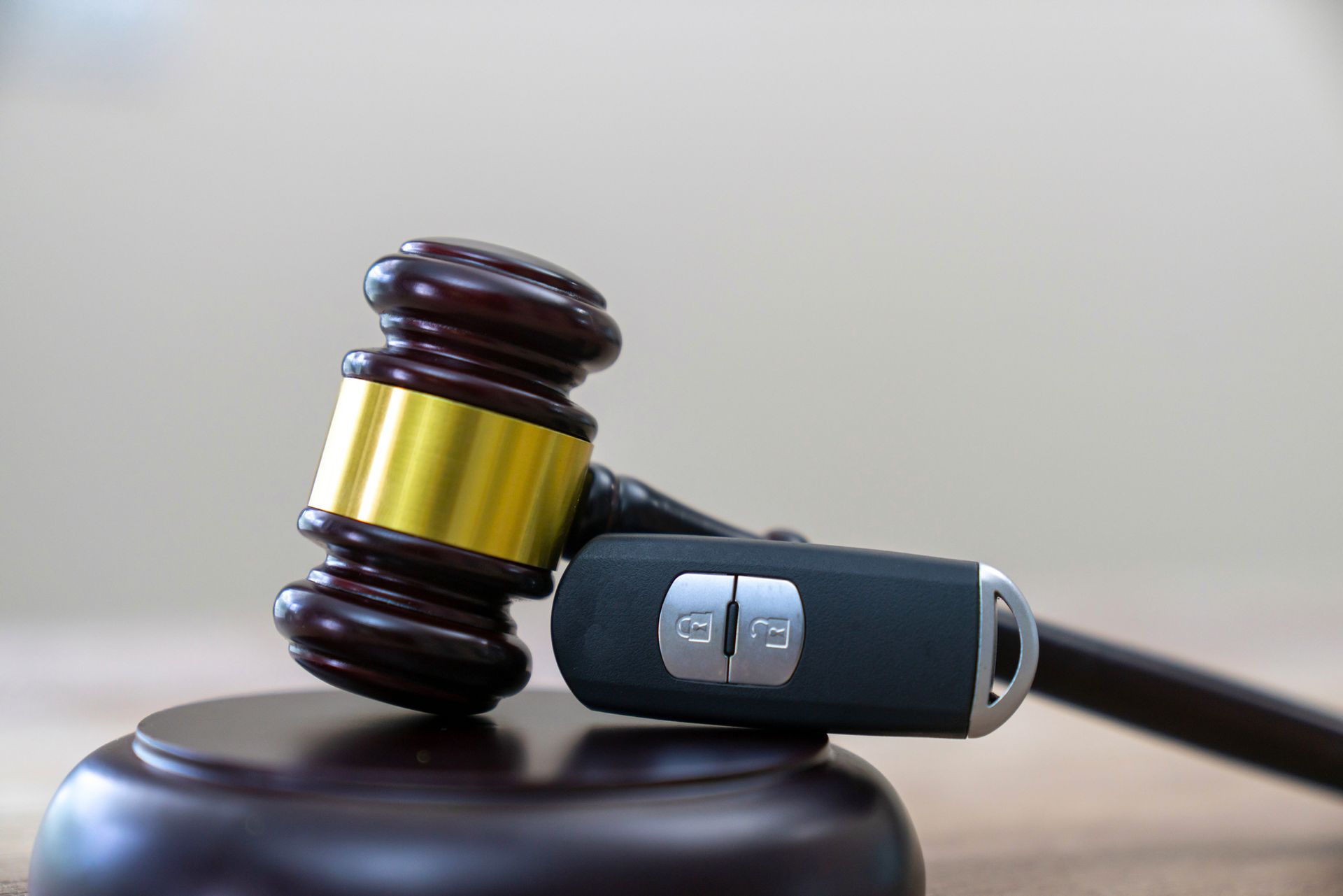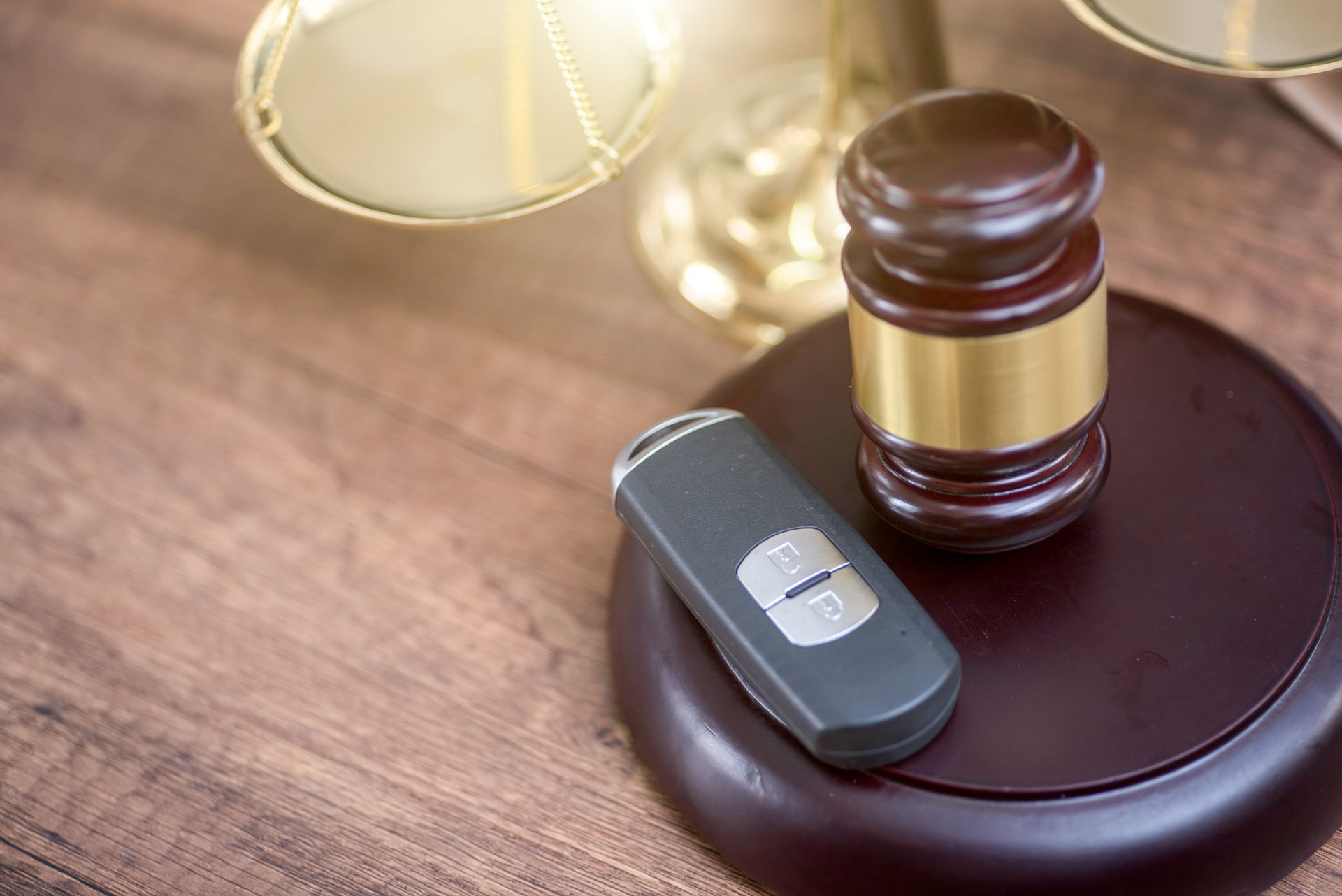What are your rights when pulled over in a Hawaii traffic stop?
It can be a nerve-wracking experience when a police officer pulls you over for a traffic stop. You might worry about receiving a punishment you do not deserve, or conducting yourself inappropriately toward an officer of the law.
You can alleviate these concerns by knowing your rights and the overall rules surrounding traffic stops in Hawaii. By understanding these rights, you can respond fittingly to a traffic stop or take action against an officer who infringes upon your rights.
Officers must have a reason for the traffic stop
An officer of the law cannot pull you over, write a ticket, or conduct an arrest without adequate reason. The Honolulu police department outlines procedures that officers must follow in order to protect the rights and safety of all involved in a traffic stop. As part of this procedure, officers should explain the reasons for their actions and answer any questions you might have.
You have the right to remain silent
Most people know that they have the right to remain silent during exchanges with the police, but many do not know the extent to which they can exercise that right. Keep in mind that you do not have to provide any information aside from your own name nor do you have to consent to a search of your vehicle. In the event of an arrest, you do not have to answer any questions until your lawyer is present or until the government appoints a lawyer to your case.
While it may seem like the best decision to unquestioningly cooperate with the police during a traffic stop, your rights exist for a reason. Choosing to ask questions or remain silent can go a long way toward protecting you against unjust behavior.
The post What are your rights when pulled over in a Hawaii traffic stop? appeared first on Law Offices of Dean C.M. Hoe.




